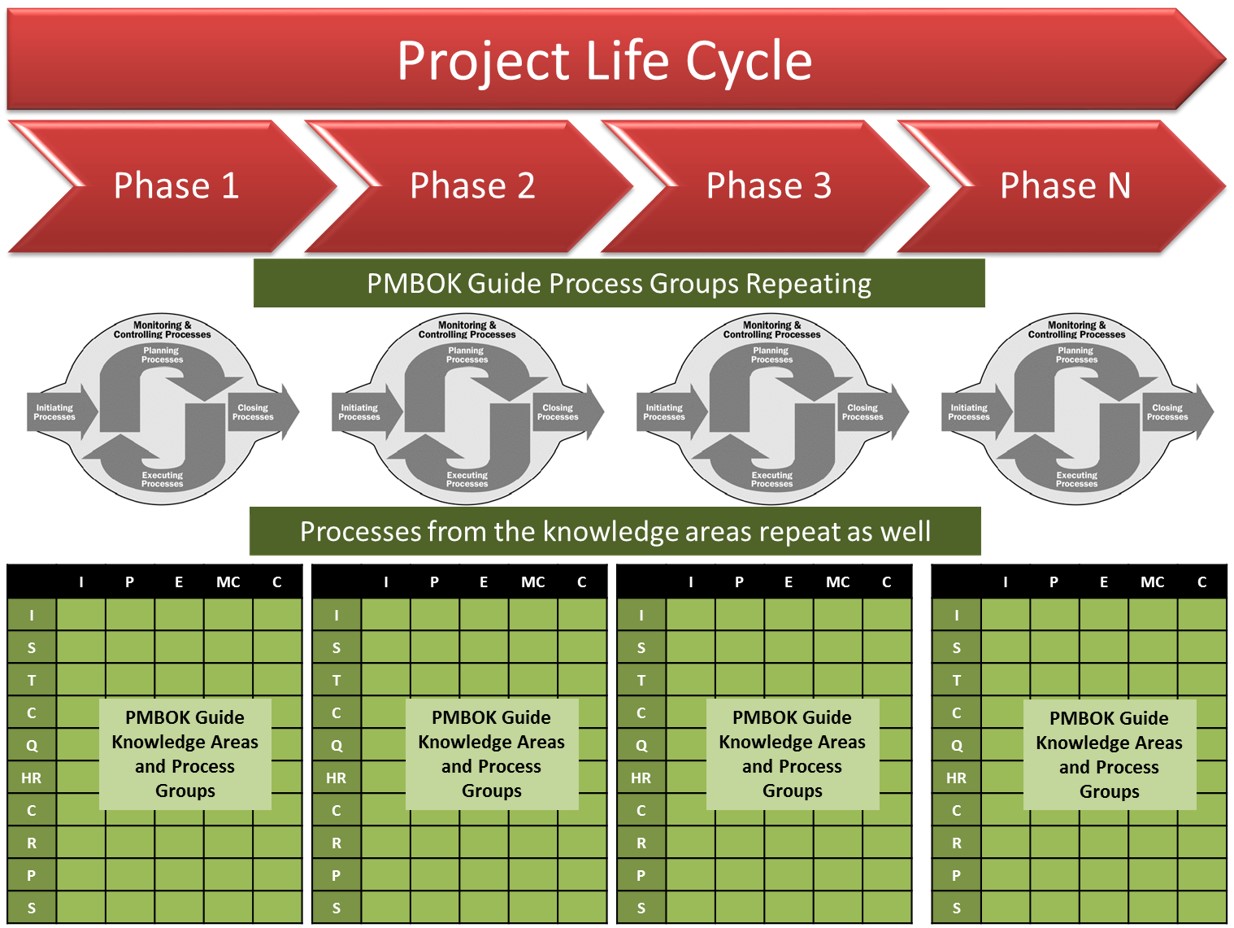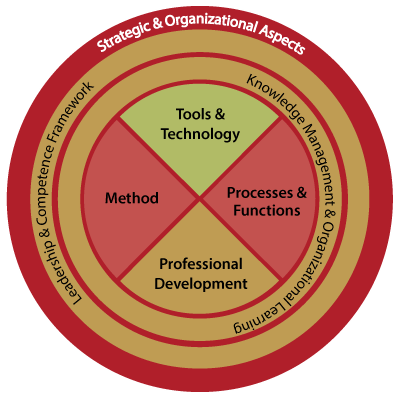
by Mounir Ajam | Nov 4, 2013 | Applied Project Management (4PM)
Dear Friends We had started blogging about 3 years ago but inconsistently and on various platforms. However, in September 2012, we re-launched our blog site on its own URL (http://blog.sukad.com) with the title Redefining Project Management. We chose this title since...

by Mounir Ajam | Oct 26, 2013 | Methodology-CAM2P, Organizational Project Management, Projects Performance
In this article we address a major gap in the practice of project management today! Our hypothesis is that this GAP is one of the leading factors contributing to project challenges and failures. This is a controversial topic since it touches on what project management...
by Mounir Ajam | Oct 6, 2013 | Project Management Humor, Project Management Training
Recently we have been busy with a major project (in addition to the many other projects) that has taken away all of our brain cells; this is why we have not posted an article here in a while. We are sorry for not posting but the good news is we are working on adding...
by Mounir Ajam | Sep 24, 2013 | Applied Project Management (4PM)
We wrote this article for the first time a few years back but the concept is still applicable and we share here again. In past articles about project management and the construction industry in the UAE (and the Region) we poised many questions for the reader to...

by Mounir Ajam | Sep 9, 2013 | Applied Project Management (4PM)
This article is the second of a series that we published in a regional magazine a few years back. The concepts that we discussed then and the message of these articles are still applicable today, hence the republication here! Not long ago, a giant started to turn and...

by Mounir Ajam | Sep 4, 2013 | Project Management Certification, Project Management Methodology
Are you a holder of the CAPM®, PMP®, or other certifications and still have some uncertainties about how to manage projects effectively? You are not alone! Many studies (Standish Group CHAOS Report, Independent Projects Analysis, Oxford Universities …) show that most...





